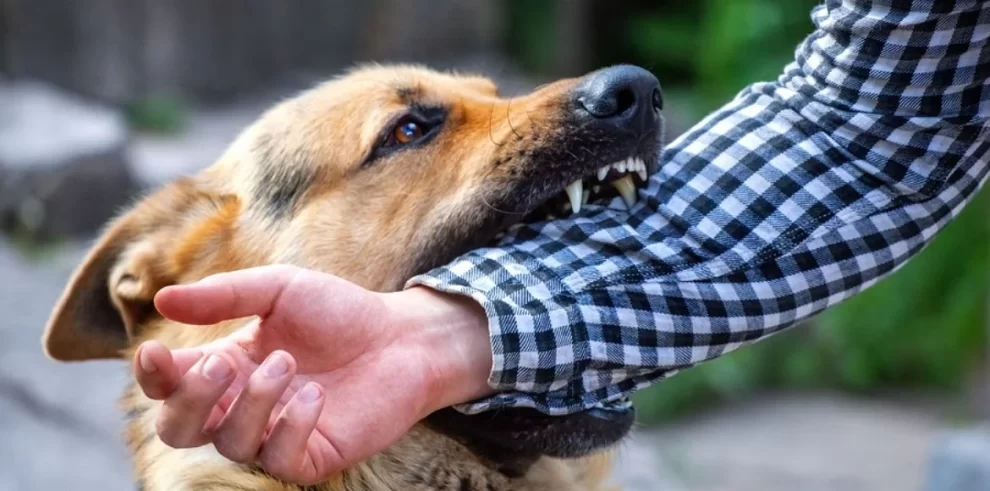Have you ever been bitten by an animal? Whether it is a friendly neighborhood dog or a wild animal, any bite should be taken seriously. Animal bites can seem harmless at first, but they have the potential to cause serious harm if left untreated. Waiting to seek medical help long after Spring animal bites can be dangerous and lead to severe complications.
Animal bites can be dangerous because they transmit infections and diseases like rabies and tetanus. It is essential to seek medical attention immediately if you have been bitten by an animal, especially if the wound is deep or experiencing symptoms such as fever, swelling, or pain.
Reasons to seek medical attention after animal bites
Here are the reasons why you should not wait to seek medical help if an animal has bitten you:
Infection
Animal bites can easily become infected, especially if the wound is deep or the animal that bites you carries bacteria. Waiting to seek medical help can increase your risk of infection, leading to more serious health problems such as sepsis or gangrene. The sooner you receive medical attention, the lower your risk of infection.
Rabies
Some animals, such as bats, raccoons, skunks, and foxes, are known to carry the rabies virus. If you have been bitten by one of these animals, it is important to seek medical attention immediately. Rabies is a viral disease that can lead to death if a patient fails to seek early treatment. Symptoms may not appear for weeks or months after the bite, so seeking medical attention is vital.
Tetanus
Bacteria can enter the body through a wound to cause the deadly bacterial infection tetanus. Tetanus risk can be increased by animal bites, particularly if the lesion is deep or infected with soil or other foreign materials. Symptoms of tetanus can include muscle stiffness, spasms, and difficulty swallowing or breathing. It is advisable to seek medical attention immediately if you suspect you may have tetanus.
Scarring
Animal bites can often leave scars, especially if the wound is not properly cleaned and treated. Seeking medical attention early can help reduce the risk of scarring and improve the appearance of the wound.
The treatment for animal bites can vary depending on the severity of the injury and the type of animal that caused the bite. Here are some of the treatment options that may be used:
- Antibiotics: When the wound is infected or at risk of infection, antibiotics may be prescribed to help prevent or treat the infection.
- Tetanus shot: If the bite is deep or contaminated and you have not had a tetanus shot in the last ten years, you might need one to prevent tetanus infection.
- Rabies vaccine: If the animal that bit you is known to carry rabies or cannot be captured for testing, you may need rabies shots to prevent rabies infection.
- Stitches: When your wound is deep, large, or on the face, stitches may be needed to help the wound heal properly and reduce the risk of scarring.
If an animal has bitten you, it is recommended to consult your doctor at Houston Medical ER for guidance.







